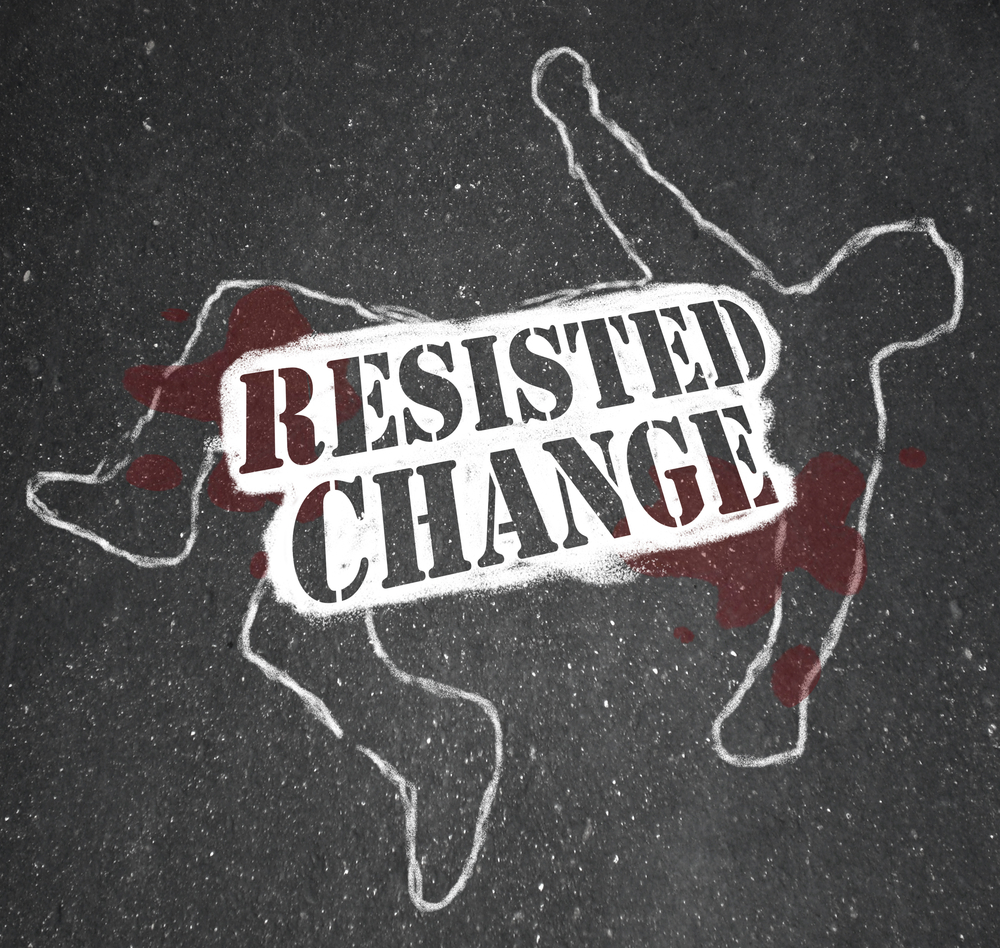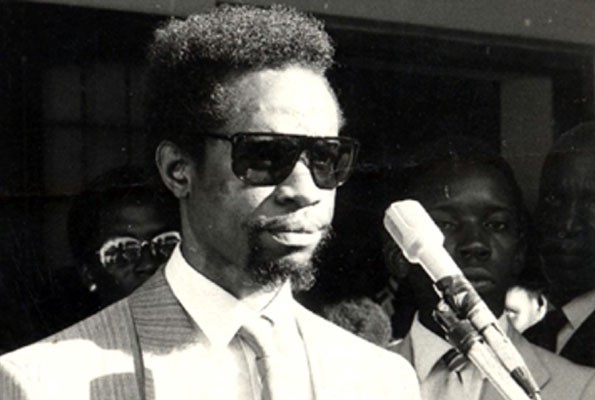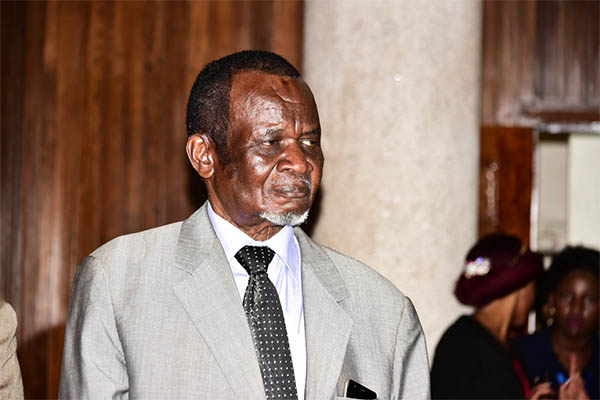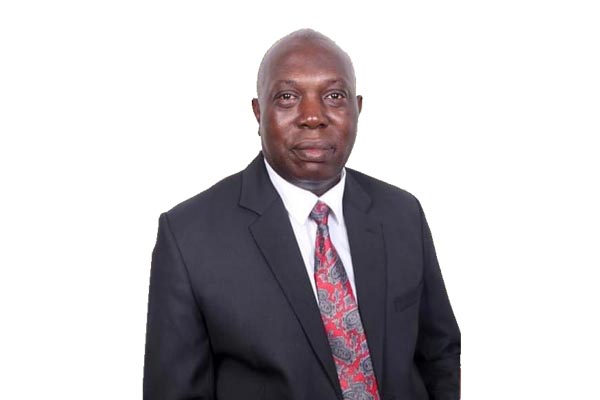The 2020 Tokyo Olympics have just concluded. There are a number of facts which followers of the world’s greatest show of athletic prowess have come to expect. One is that the dominant industrialized nations are perennially at the top. The three nations with the leading GDP- USA, China and Japan- have come out at the top in the same succession order, as long before.
Perhaps it is only expected that because of their advanced resources they have invested in building a competitive athletic programme. Indeed, there are a number of games, like golf and swimming, which require certain critical capital investments, which poorer countries can’t afford. As a matter of fact, some of the best athletes from Africa have been known to migrate to the more advanced nations because of their better well-funded programs.
There is though one less obvious aspect we find out of these Olympics. Some nations like Kenya ( #19) have outrivaled far richer nations like Spain ( # 22) or Belgium ( # 29). This is not new. Why Kenya is normally is at the top of far more advanced nations can be explained by a simple observation worth commenting.
The dominance of Kenyan athletes in track and field is universally acknowledged. Her runners perennially dominate the Marathon circuit. It came as no surprise to many that Kenyan runners scooped both men and women’s marathon gold.
Incidentally Kenya, just like Uganda, which equally performed spectacularly well ( # 36) did not send as large a contingent. India sent 127 athletes but came out ranking lower at 48. Kenya sent 85 athletes to compete in just 6 events who bagged 4 gold. Contrast this with South Africa that sent 179 athletes to compete in 19 events but ended up with just one gold and ranking 52!
Perhaps here we may ask how Kenya with her 53 million people happen to outperform countries with far advanced economies or those with bigger populations like India with her 1.3 billion people! One reason has to do with management of their athletic programme, which is a source of great national pride. But also more, is focus. Other than extending herself in events where she has no history, like equestrian and rowing, Kenya has long concentrated on track and field. And even here she has narrowed more on to long distance, as opposed to shorter distance sprints long dominated by US and the amazingly swift Jamaicans.
Kenya knows that to win numbers is not everything! More so, the size of your bank account is not what makes you a winner. Rather, if out of many events you pick on a few where you are better at, concentrate and perfect on those, chances of success are far higher.
This lesson is equally important to businesses and any organizations. Many businesses and organizations at large underperform because of the weakness of over extending. They seek to be everything to everyone only to end up as “jack of everything but master of none!”
The next time you are developing your business or organization strategy, learn from the winners. Examine your strengths and choose to specialize in a few areas where you can focus your strengths than over extending yourself!










